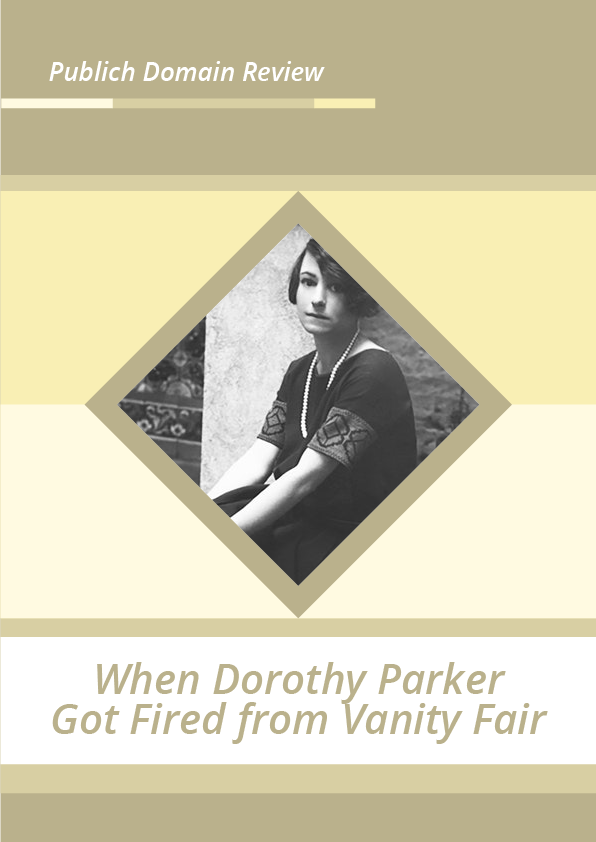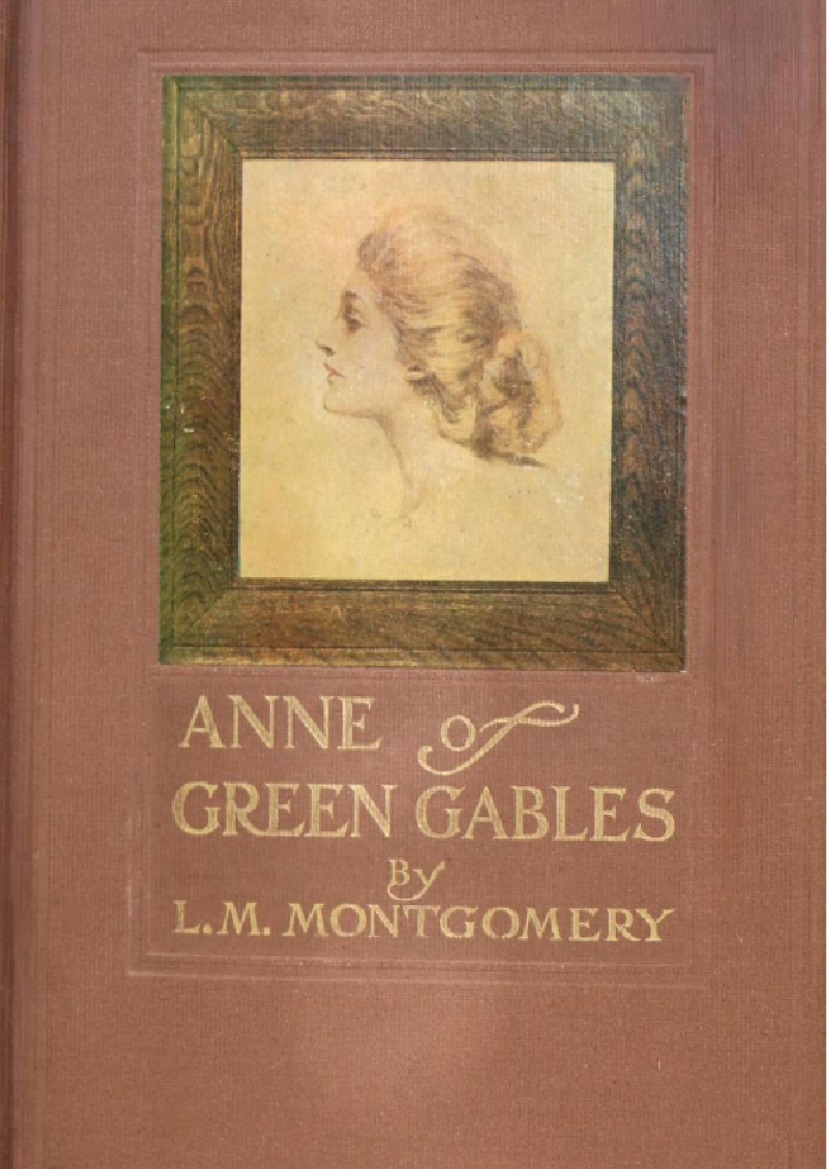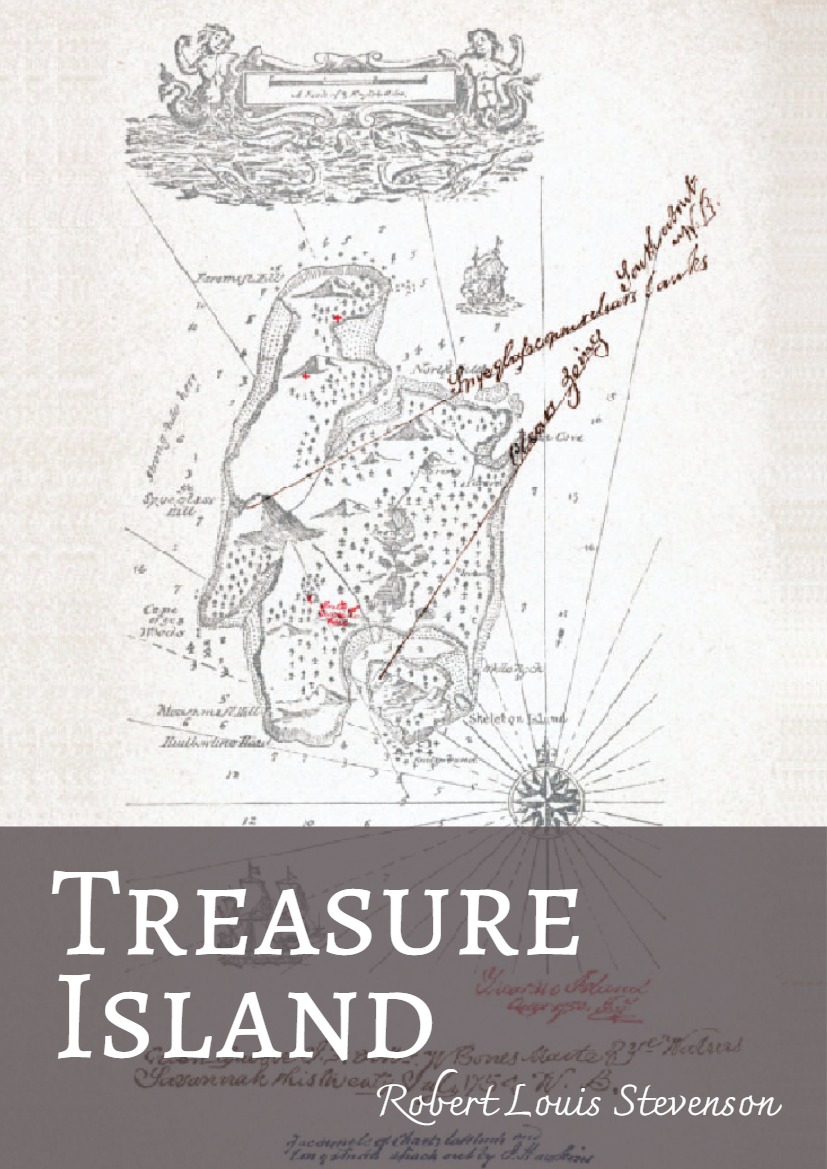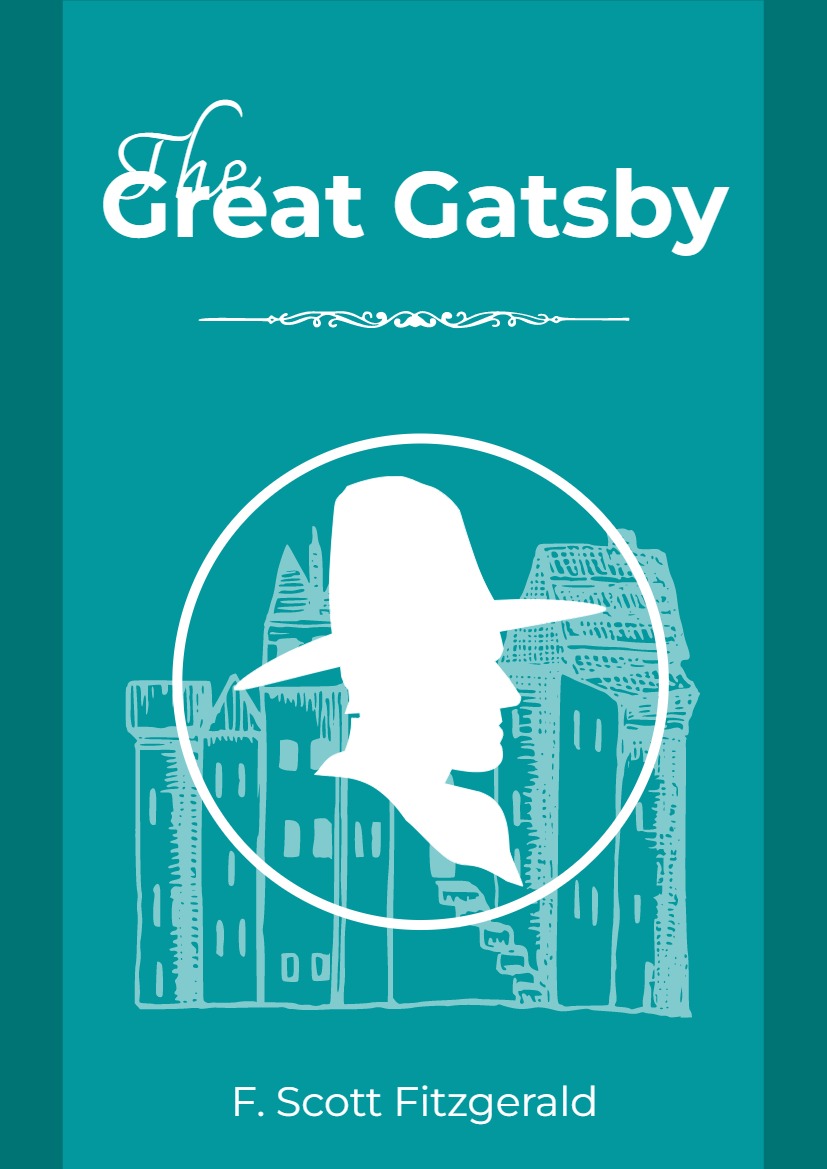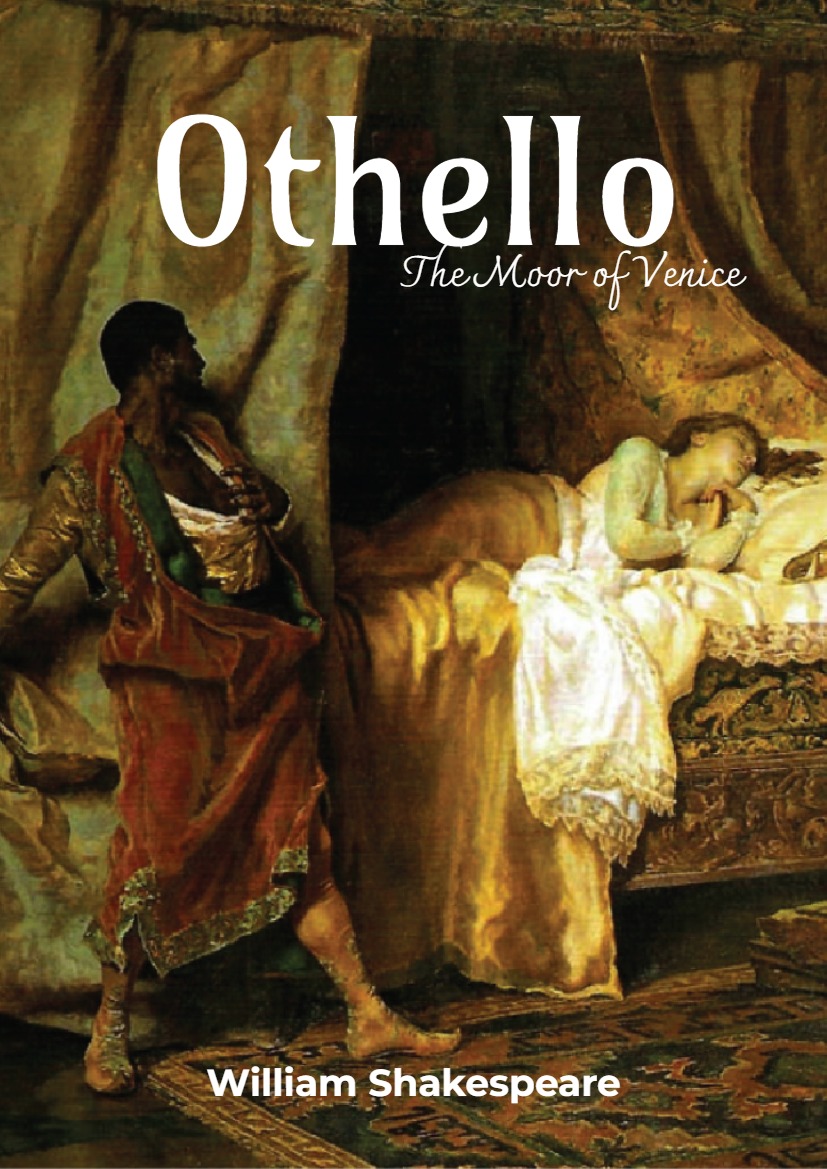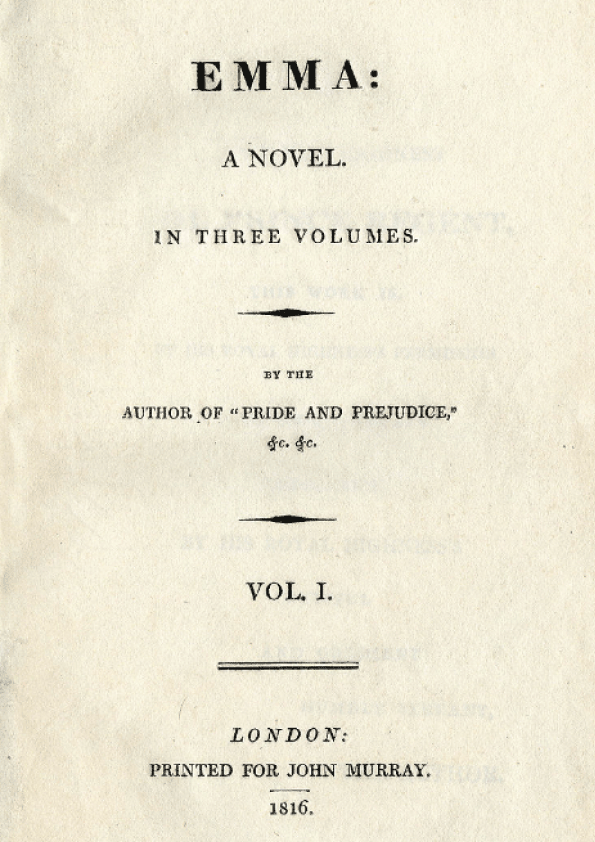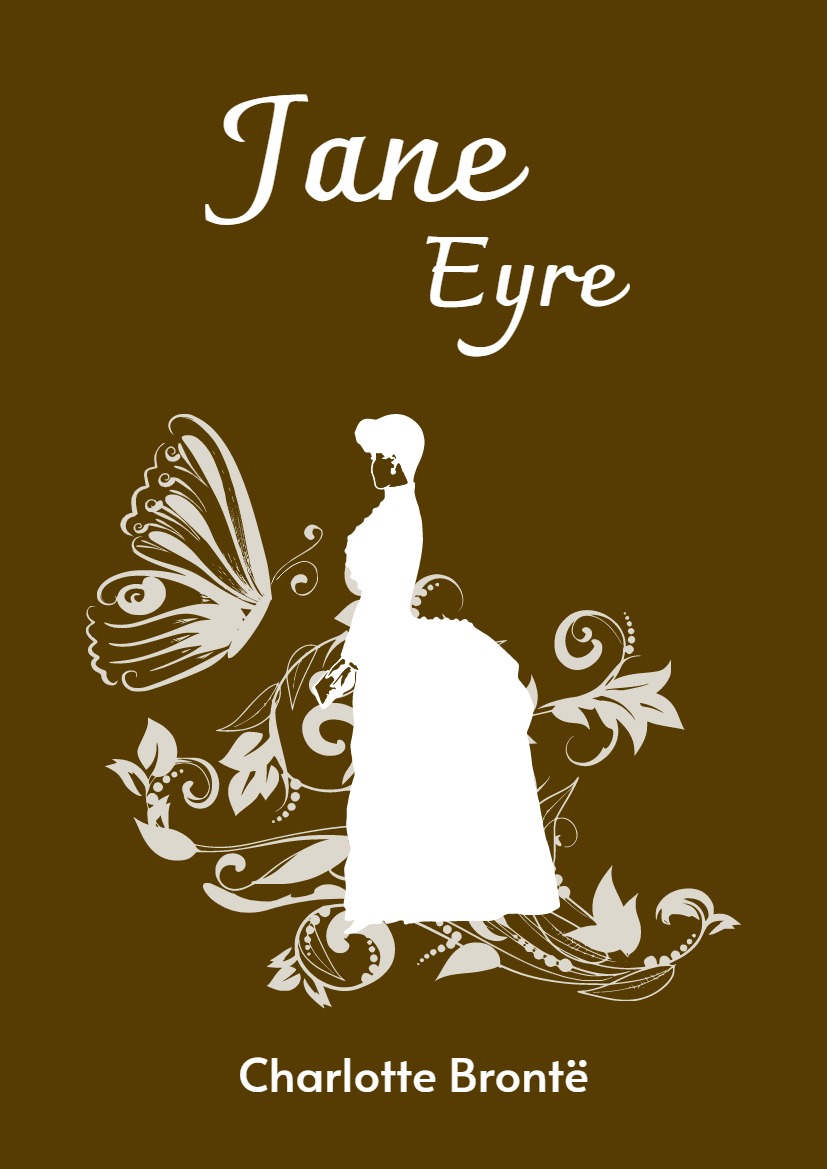Dorothy Parker’s reputation as one of the premier wits of the 20th century rests firmly on the brilliance of her writing, but the image of her as a plucky, fast-talking, independent woman of her times owes more than a little to her seat at the legendary Algonquin Round Table. Jonathan Goldman explores the beginnings of the famed New York group and how Parker’s determination to speak her mind — even when it angered men in positions of power — gave her pride of place within it.
Dorothy Parker lost her job as Vanity Fair theater critic on January 11, 1920, in the tea room of the Plaza Hotel. Parker must have known there was trouble brewing as she sat down across from editor Frank Crowninshield. She had been in hot water for months. Her latest column had been a particularly biting one. Reviewing The Son-Daughter, Parker contended that David Belasco’s new play followed his old one, East Is West, “almost exactly”, which Belasco made known he considered grounds for a libel suit.1 A couple paragraphs later, writing about the new Somerset Maugham play Caesar’s Wife, Parker zinged actress Billie Burke for performing “as if she were giving an impersonation of Eva Tanguay”.2 The comparison to a risqué vaudevillian enraged Florenz Ziegfeld, one of Vanity Fair’s most reliable advertisers, who happened to be Burke’s producer — and husband. Ziegfeld and Belasco both took their umbrage to publisher Condé Nast. It is in dispute which complaint held more weight, but either way, Nast passed the buck to Crowninshield, who met Parker at the Plaza and fired her from the job she had held for two years. Parker promptly ordered the most expensive dessert on the menu and left.
In the days that followed, Parker’s cronies who hung out in the Rose Room of the Algonquin Hotel made the firing and its fallout at Vanity Fair into a media scandal. Parker herself would never again hold a desk job or draw a regular salary, finding success instead as a freelance critic, author of brilliant and acclaimed verse, short fiction, essays, plays, and film scripts. The incident changed her career and stature, and its response helped forge the legend of what would eventually be called the Algonquin Round Table.
Parker may have learned from her parents the tendency to not quite accept the rules. She was born Dorothy Rothschild (a surname whose mention always caused her to protest any relation to the Rothschild lineage) in 1893, a child of once-forbidden love between Eliza Annie Marston, daughter of British burghers, and Jacob Henry Rothschild, child of Jewish immigrants, who married over the opposition of Marston’s parents. Dorothy grew up in New York City, in her family’s 214 West 72nd Street townhouse. It was a newly fashionable neighborhood; Broadway, a few steps away, was then called “the Boulevard” along this stretch, in homage to the Parisian boulevards designed by Georges-Eugène Haussmann that it very slightly resembled. Dorothy’s was not an idyllic childhood. Her mother died when she was five. When she was eighteen, the Titanic sank, taking with it a favored uncle, Martin Rothschild; Parker may have accompanied her distraught father to the docks to greet the shipwreck’s survivors and learn that her uncle was not among them. Henry Rothschild, devastated, fell ill and died less than a year later.
